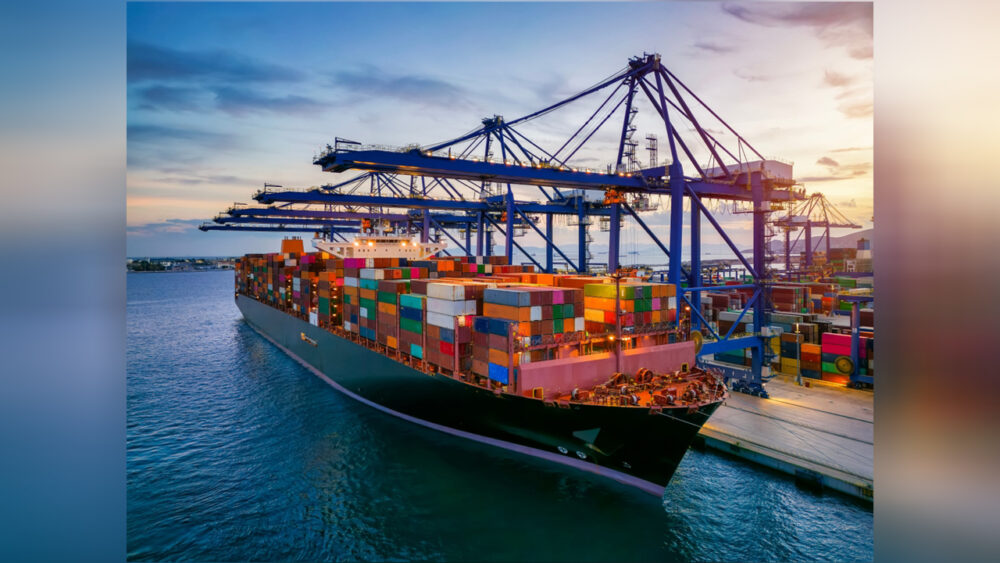President Donald Trump’s tariff policies are projected to reduce federal deficits by $4 trillion over the next decade, according to a new analysis released Friday by the Congressional Budget Office (CBO).
The nonpartisan agency found that tariff increases implemented throughout 2025 will lower primary deficits by $3.3 trillion, with an additional $700 billion in interest savings as reduced borrowing trims federal debt service.
The combined effect represents a significant revision from the CBO’s June estimate of a $3 trillion reduction.
Tariff Hikes Driving the Change
According to CBO Director Phillip Swagel, the effective tariff rate on imported goods has risen by about 18 percentage points compared with 2024 trade flows. Since January, the Administration has raised duties on a wide range of imports, including:
- Imports from China and Hong Kong (+30%)
- Certain imports from Mexico (+25%)
- Certain imports from Canada (+35%)
- European Union imports (15% total rate)
- Automobiles and parts (up to +25%)
- Steel and aluminum (+50%)
- Copper products (+50%)
- Most other imports (+10% or higher, effective August)
The CBO analysis also reflects changes to de minimis exemptions, which ended duty-free treatment for many commercial shipments.
Fiscal Impact and Warnings
The agency noted that customs revenues for fiscal year 2025 have already exceeded expectations. Duties totaled $136 billion through July, compared with the $80 billion projected at the start of the year.
While the projections show dramatic deficit reduction, Swagel emphasized that the estimates come with serious caveats.
“The estimates are subject to significant uncertainty, largely owing to questions about timing, possible exceptions, and a lack of precedents,” he wrote.
“The United States has not implemented increases in tariffs of this size in many decades. As a result, there is little empirical evidence about their long-term effects. Consumers and businesses could be more or less responsive to increases of tariffs of this size, which would cause revenues to diverge from projected amounts.”
Swagel added that tariffs would also weigh on the broader economy, noting they will make consumer and capital goods more expensive, reducing purchasing power and placing temporary upward pressure on inflation.
The CBO will release an updated short-term economic forecast on September 12 that incorporates these broader effects.


